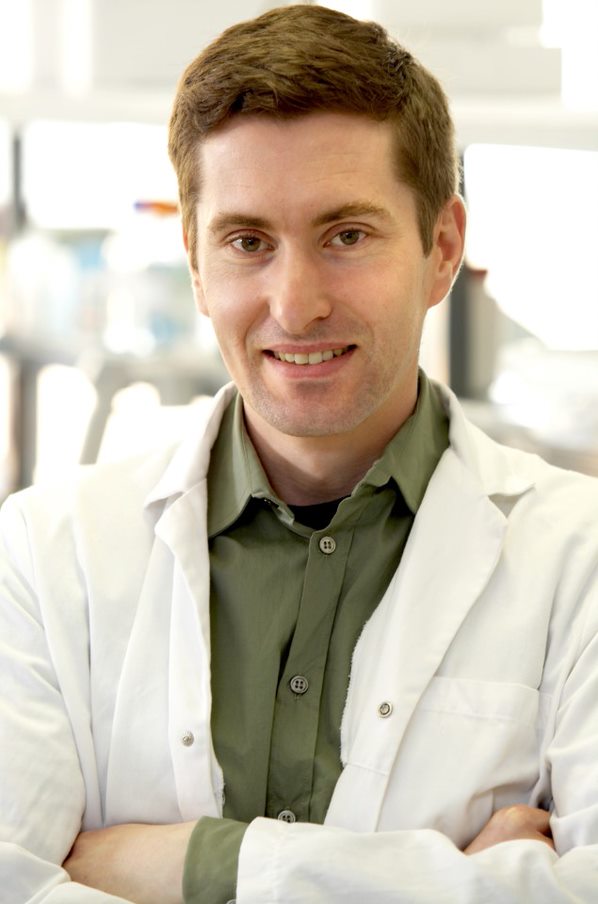Researchers identify gene that could lead to better understanding of MDS

While incidence of the fourth most commonly occurring blood cancer – myelodysplastic syndrome (MDS) – is increasing*, Melbourne researchers have uncovered secrets about bone marrow failure that could enhance understanding of this rare cancer.
What is MDS?
MDS is a group of diseases where blood cell production in the bone marrow is affected. Around 1400 people will be diagnosed with MDS this year. In MDS the bone marrow produces abnormal, immature blood cells, called blast cells. As a result of not having enough normal blood cells, people with MDS become fatigued, susceptible to infections and prone to bleeding and bruising easily.
Leukaemia Foundation’s funding aids MDS research
Dr Carl Walkley, co-head of St Vincent’s Institute’s Stem Cell Regulation Unit, and his research team is broadening knowledge about blood development.
Dr Walkley is in his final year of a $1million five-year research fellowship from the Leukaemia Foundation. His team has been studying the function of a gene called Recql4, which when mutated causes the rare human cancer syndrome, Rothmund-Thomson Syndrome. People with this syndrome have an increased risk of developing cancer, particularly of the bones and bone marrow.
“While such syndromes are rare, we know from other examples that they highlight fundamental processes generally involved in a wide range of different cancers,” said Dr Walkley.
In a paper in The Journal of Clinical Investigation, Dr Walkley explains how Recql4 is involved in blood cell development and maturation.
“These studies provide insights into disease mechanisms and potentially help in the development of treatments that are applicable to a wider patient group,” said Dr Walkley. “Knowledge about the essential role of this protein in blood development may help us to understand the progress of diseases where blood cell development is disrupted, such as MDS. It also may be important in understanding the response of blood cells to drugs such as chemotherapy.
“This research work, initiated with Leukaemia Foundation support, is a collaborative effort between myself, Louise Purton, Meaghan Wall, Jorg Heierhorst and Andrew Deans who all have received Foundation funding.”
Dr Walkley is involved in other MDS research work too, in particular developing new models of this disease for research into better understanding MDS and treatments.
*An estimated 1330 people were diagnosed with MDS in 2012, up from 1185 people in 2009. AIHW Cancer in Australia, 2012.
Last updated on June 22nd, 2020
Developed by the Leukaemia Foundation in consultation with people living with a blood cancer, Leukaemia Foundation support staff, haematology nursing staff and/or Australian clinical haematologists. This content is provided for information purposes only and we urge you to always seek advice from a registered health care professional for diagnosis, treatment and answers to your medical questions, including the suitability of a particular therapy, service, product or treatment in your circumstances. The Leukaemia Foundation shall not bear any liability for any person relying on the materials contained on this website.